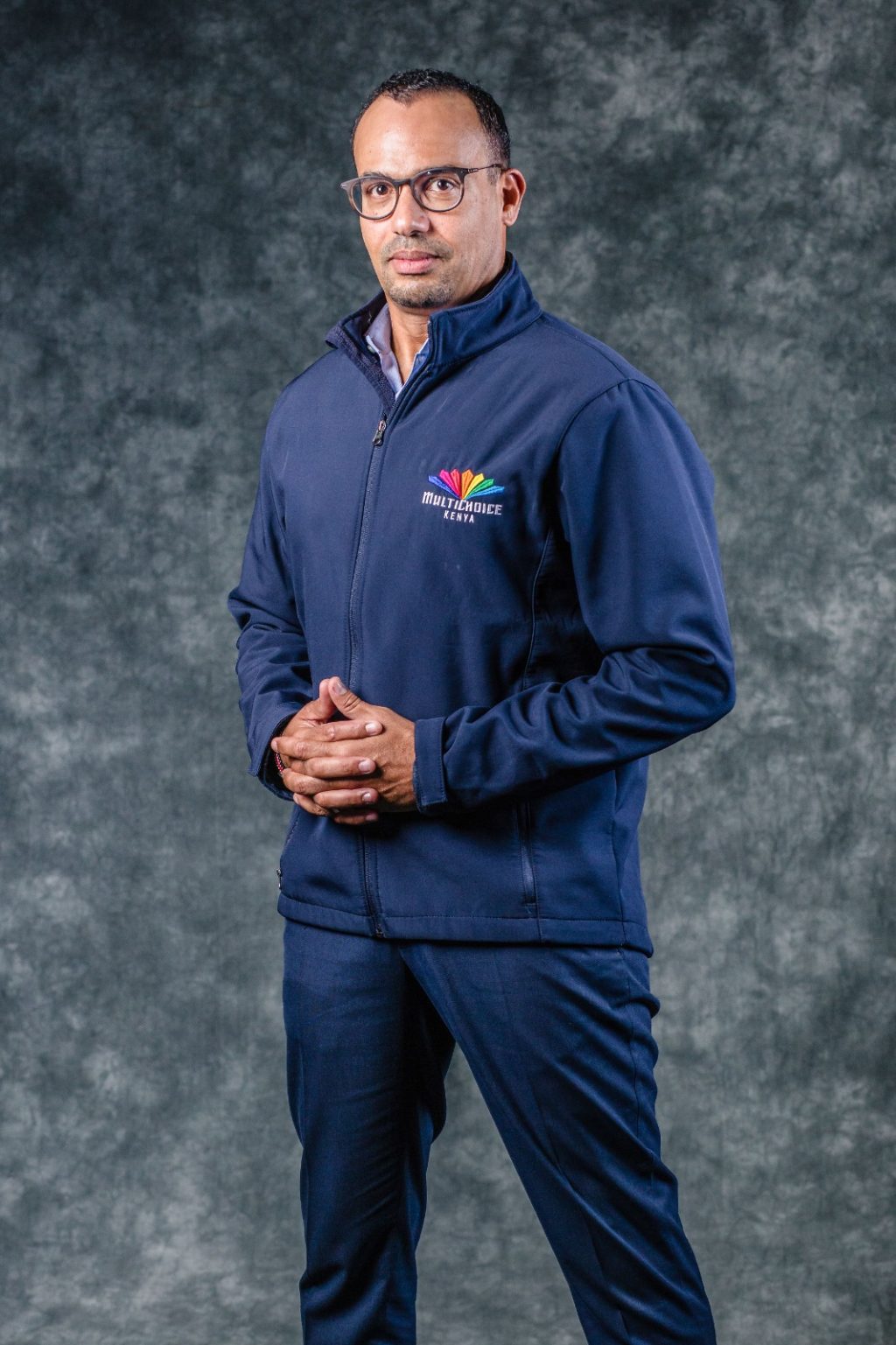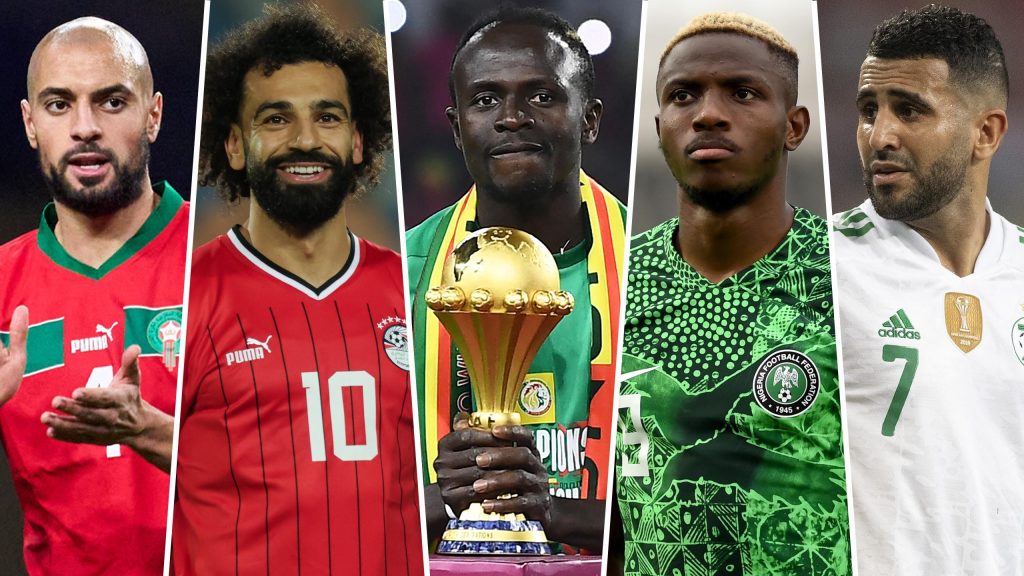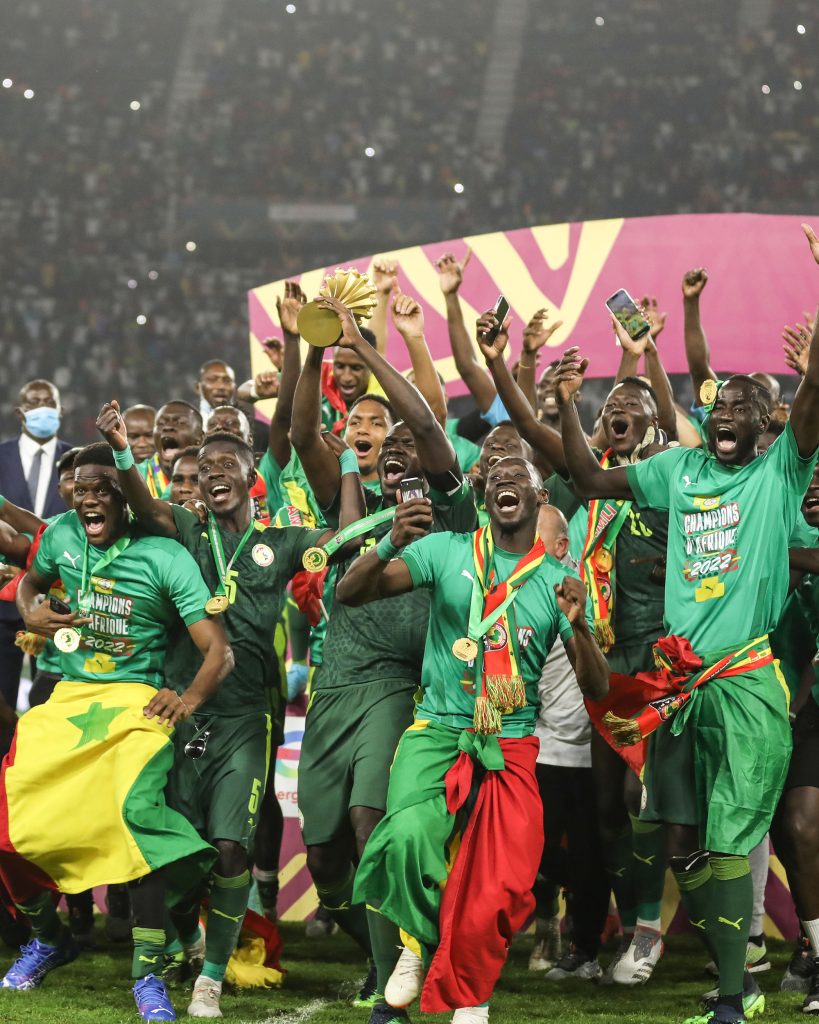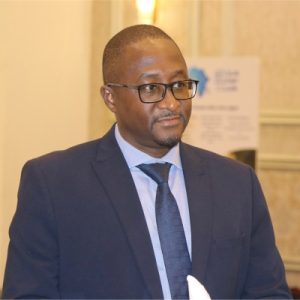
Nzola Miranda,Managing Director -MultiChoice Kenya
ByNzola Miranda
The Africa Cup of Nations (AFCON) has ignited an unparalleled enthusiasm, captivating the imaginations of millions, including citizens from 30 countries whose national teams did not qualify for the tournament in Côte d’Ivoire, where the continent’s biggest football extravaganza is currently unfolding.
The opening ceremony at the iconic Stade Olympique Alassane Ouattara witnessed Ivorian traditions taking center stage. Dancers, acrobats, and musicians delivered a high-octane celebration adorned in vibrant African colors, showcasing the nation’s diversity to the world. Meticulously choreographed routines expressed pride and honored African unity.

Most of the 24 teams participating in the group stage arrived in Côte d’Ivoire, they did so in style, using the opportunity to showcase the fashion sense of their respective countries.
The Guinean national team, popularly known as National Elephants, arrived clad in lepi, one of their nation’s traditional dresses worn by the Fulbe or Fulani people during traditional weddings and naming ceremonies.
Ghana’s Black Stars and Nigeria’s Super Eagles made a grand entrance in Abidjan, draped in kente and Kaftan, respectively. In Ghana, kente – crafted with dazzling, multicolored patterns featuring bright colors, geometric shapes, and bold designs – has emerged as the definitive symbol of the country.
Meanwhile, in the rich tapestry of Nigerian fashion, the Kaftan, a loose-fitting robe, holds a special place as a symbol of elegance, cultural heritage, and timeless style.
Namibia’s Brave Warriors, who stunned the continent with a 1-0 triumph over former champions Tunisia in their first match, making history by securing first-ever AFCON victory, demonstrated patriotism. Players arrived in Côte d’Ivoire dressed in shirts adorned with colors from their national flag, paired with black trousers.The Namibia Football Association (NFA) stated, “each thread tells a story of unity, strength, and resilience.”
The global stage is set to experience the richness of East African culture as Kenya, Uganda, and Tanzania come together to co-host the AFCON in 2027.

This unequivocally demonstrates that the continent not only takes pride in its rich culture but has also effectively utilized its extensive resources for socio-economic development.Culture, as a powerful economic engine, generates jobs and income, fostering a sense of identity and community.
Just as AFCON serves as a cultural showcase, film, too, stands out as a potent tool to spotlight African rich culture. Local content not only tells our African stories but also plays a crucial role in preserving the history, traditions, and culture of our beloved countries.
Films keep African heritage alive and intact, serving as a testament to the rich tapestry of our collective identity. Local content plays a pivotal role in upholding African cultural identity, fostering diversity, and generating employment opportunities.
Film production companies, recognizing the burgeoning appetite for local content across the continent, are responding with substantial investments.MultiChoice, among these forward-thinking entities, stands out for its significant commitment to fostering and promoting local content.
This year alone, for instance, MultiChoice Kenya has launched three Kenyan produced shows -The Last Door, Haki Mwitu and Kam U Stay – a pointer that Kenyans are truly embracing the local content which tells their story.

As we relish the creativity and thrills that come with AFCON–a tournament some commentators have aptly termed a European season disruptor due to the significant number of players who have returned home to play for their countries – let us also use this period to show our pride and showcase our rich culture to the world.
As the tournament progresses, with all its highs and lows, we can be certain that all Africans will emerge victorious on February 11, when the winner of AFCON will be crowned.This celebration goes beyond the realm of sports; it is a testament to the unity, diversity, and cultural richness that define the African continent.
- The writer is the Managing Director of MultiChoice Kenya









